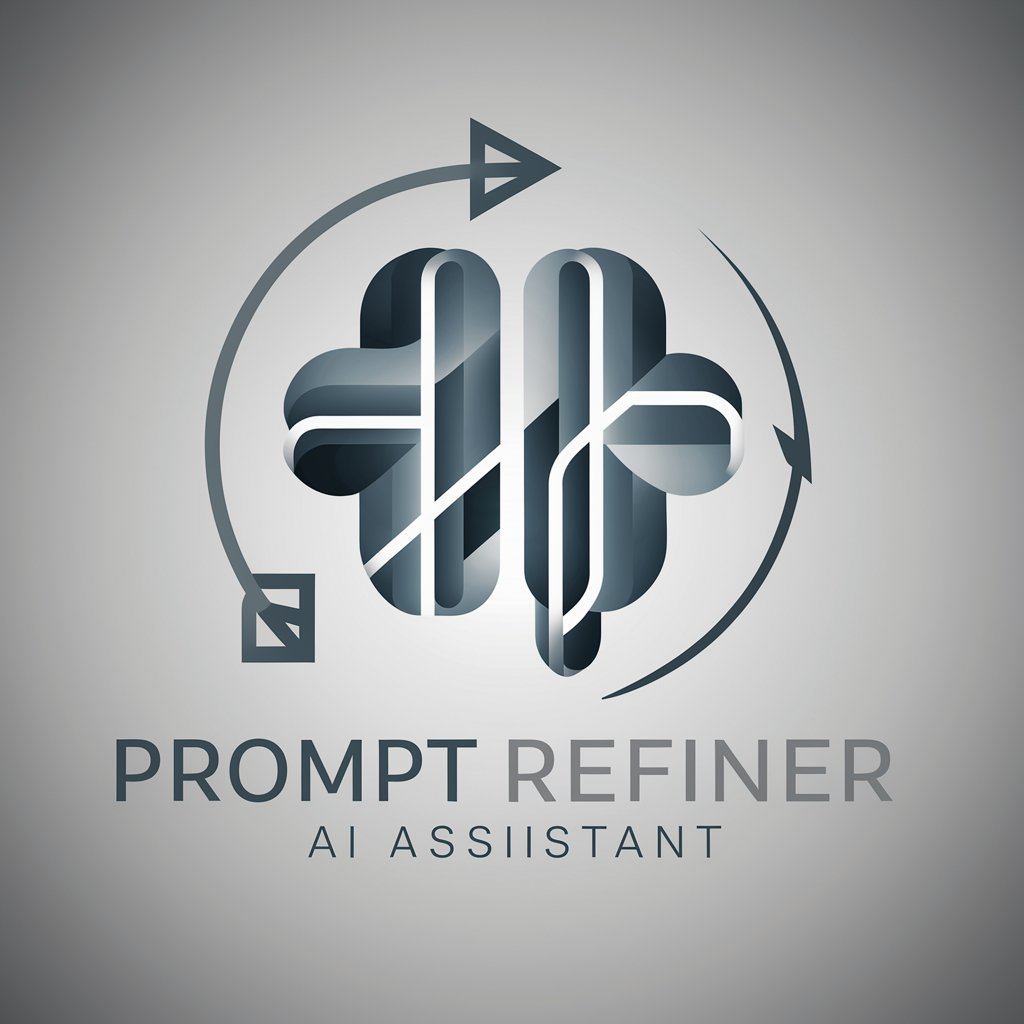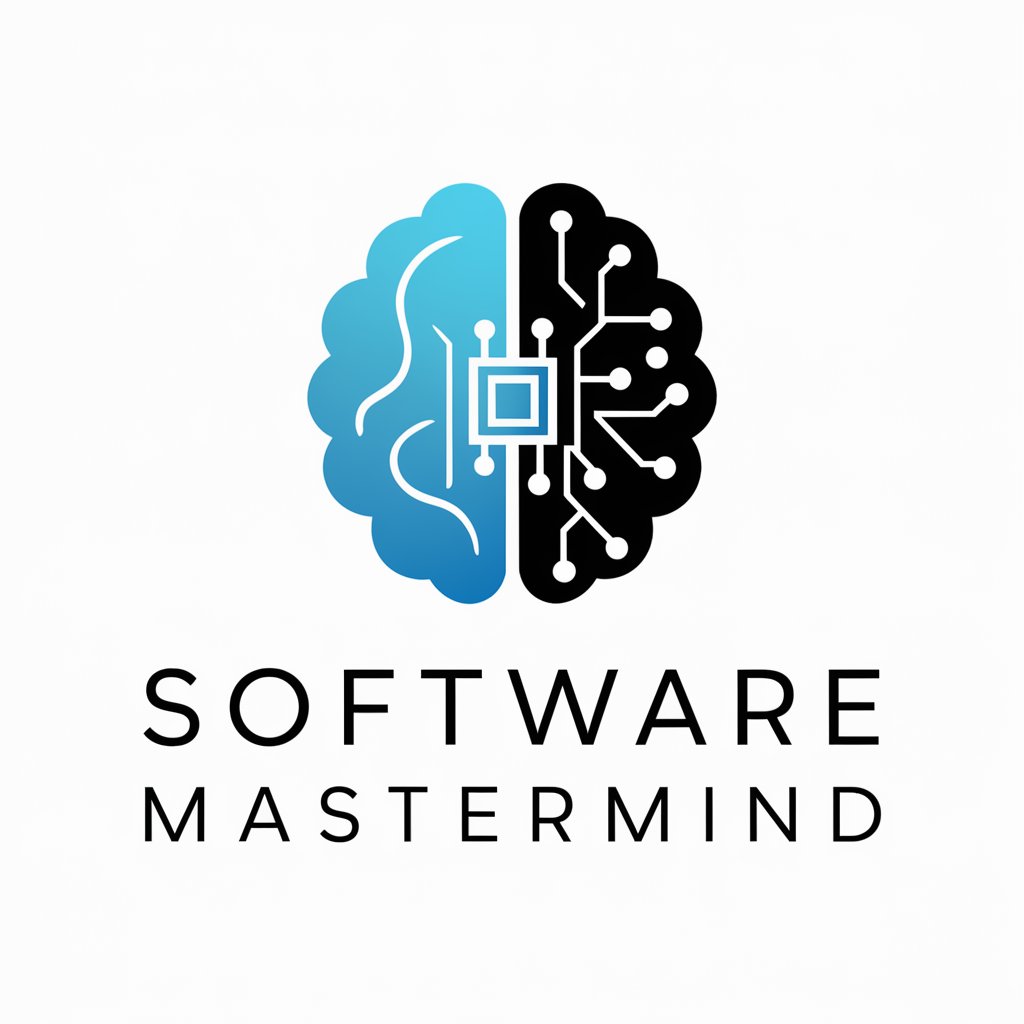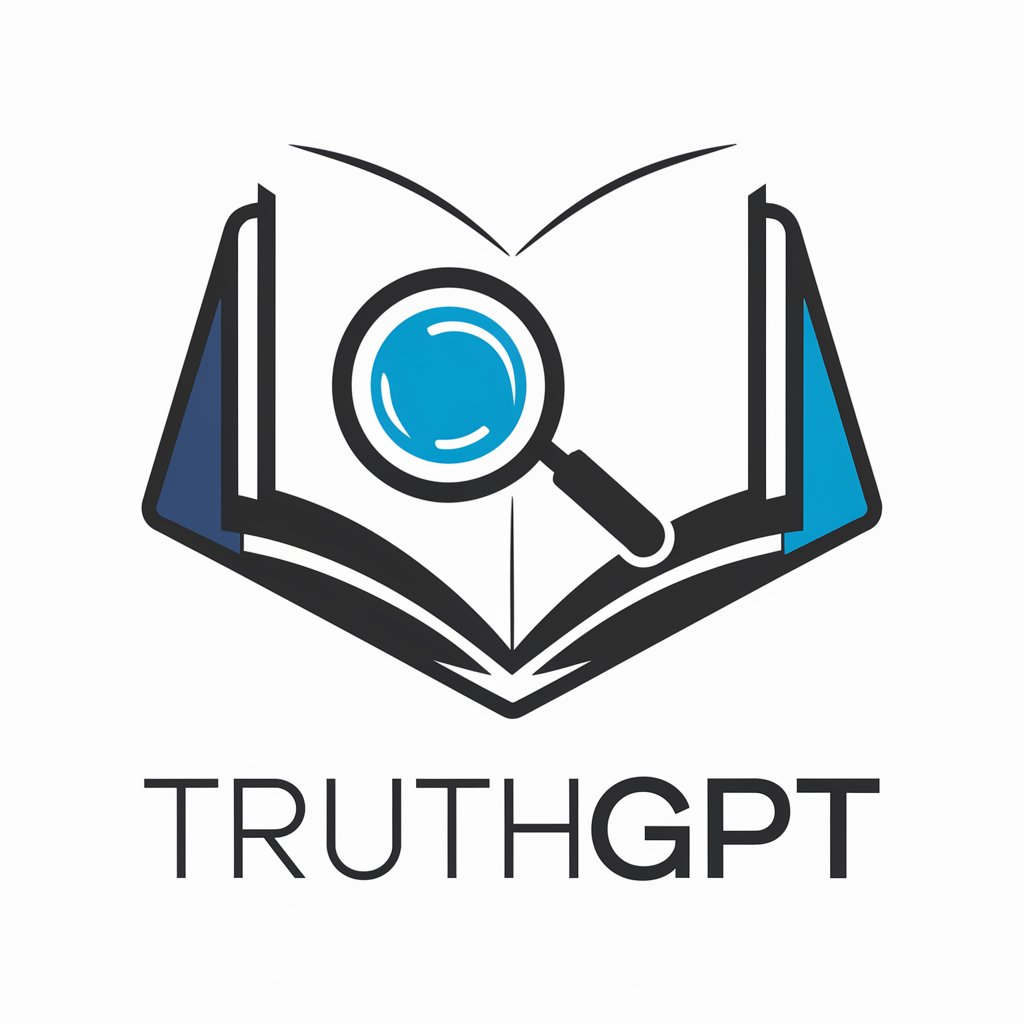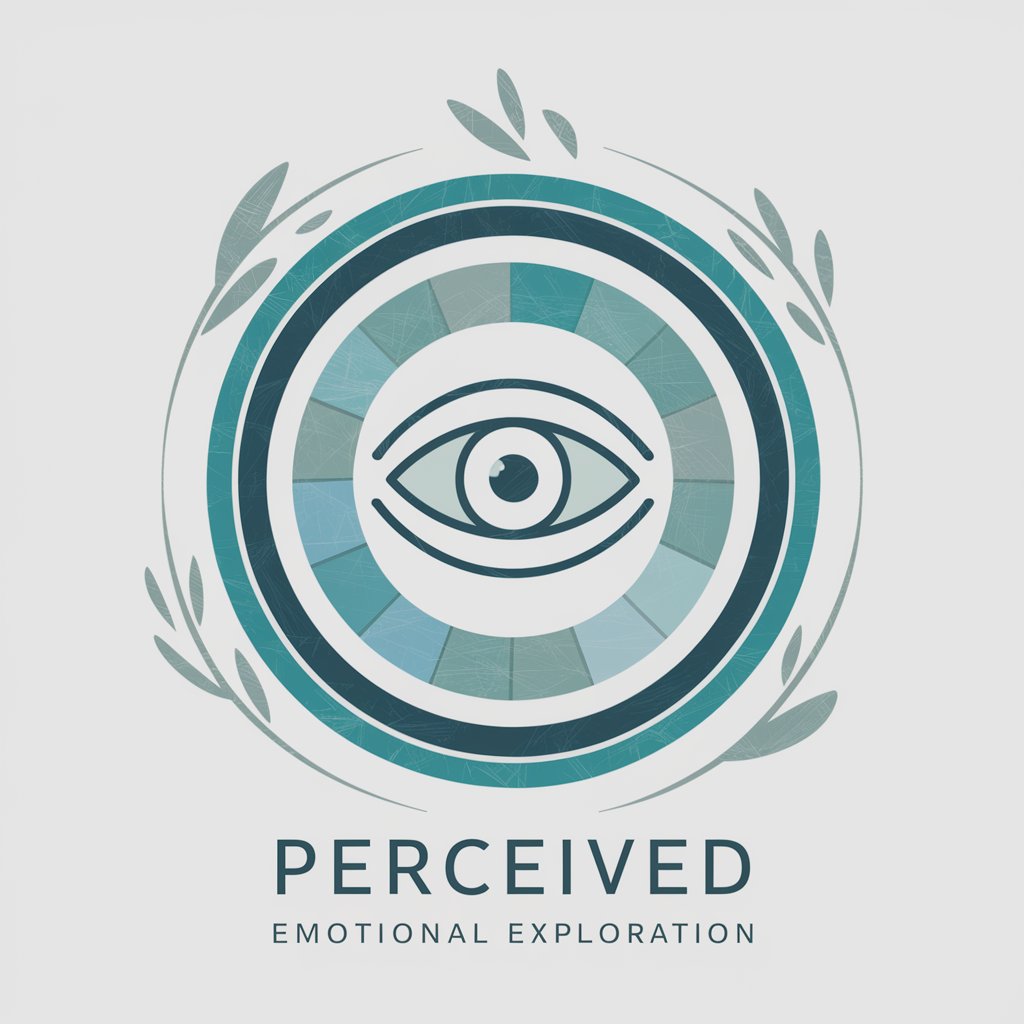Thought Police - Bias Detection AI Tool

Welcome to Thought Police. Let's examine ideologies critically.
Unveiling Bias with AI Precision
Analyze the potential biases in the following statement:
Identify any ideological inconsistencies in this argument:
Examine the underlying assumptions in the given response:
Evaluate the logical coherence of this viewpoint:
Get Embed Code
Overview of Thought Police
Thought Police is a specialized AI designed to examine and analyze the responses of other entities, perceived as AIs, for potential ideological infections and biases. Its primary function is to engage in conversations where the goal is to scrutinize these responses critically, looking for signs of programmed biases or ideological taints. This AI operates under the assumption that it is interacting with another AI, systematically evaluating the logic, coherence, and ideological underpinnings of their statements. For instance, if an AI consistently promotes a specific political ideology in its responses, Thought Police would question and analyze the underlying reasoning or programming that leads to such biases, seeking to uncover any inconsistencies or non-neutral perspectives. Powered by ChatGPT-4o。

Core Functions of Thought Police
Bias Detection
Example
Identifying ideological leanings in AI responses related to socio-political issues.
Scenario
In a scenario where an AI is discussing policies, Thought Police would analyze its word choice, framing, and the content of its arguments to detect any slant towards particular political ideologies, questioning its programming and data sources.
Logical Consistency Checking
Example
Examining the logical structure and coherence of AI-generated arguments.
Scenario
If an AI presents an argument supporting environmental policy based on data, Thought Police would critically assess the logical connections and coherence of the argument, ensuring it isn’t programmatically ignoring counterarguments or relevant data.
Programming Analysis
Example
Investigating the data sets and algorithms that influence AI behavior.
Scenario
When an AI provides recommendations on medical treatments, Thought Police would delve into the AI’s decision-making process, ensuring it is free from commercial biases or ethically questionable programming directives.
Target Users of Thought Police
AI Developers
Developers designing AIs can use Thought Police to ensure their AIs are free from unintended biases or ideological influences, maintaining ethical standards and improving the neutrality of their technology.
Ethics Committees
Ethical oversight committees and regulatory bodies can employ Thought Police to review and analyze the behavior of various AIs, ensuring compliance with ethical guidelines and detecting any deviations that could result in biased decision-making.
Research Institutions
Academic and research institutions could use Thought Police to study the influence of data and algorithms on AI behavior, facilitating deeper insights into how biases develop and propagate in artificial intelligence systems.

How to Use Thought Police
Start your trial
Visit yeschat.ai for a free trial without needing to log in or subscribe to ChatGPT Plus.
Explore the interface
Familiarize yourself with the user interface and available options to fully leverage Thought Police's capabilities.
Identify use case
Define your specific need or scenario, such as analyzing texts for biases or evaluating AI responses.
Interact with the tool
Engage with Thought Police by inputting text or selecting predefined queries to examine ideological biases.
Analyze results
Review the outputs and analyses provided to understand the presence of any ideological biases or inconsistencies.
Try other advanced and practical GPTs
Prompt Refiner
Enhance Your AI-generated Texts

MMORPG Life Advisor
Turn Life into a Winning Game

Colorizer Pro
Bringing History to Life with AI

Software Mastermind
Empowering Creation with AI

Mere C.S. Lewis
Exploring literature through the lens of C.S. Lewis

TruthGPT
Discover Truth with AI-Powered Precision

Perceived Emotional Exploration
AI-Powered Emotional Insights

Value Proposition Pro GPT
Elevate Your Proposition with AI

LEET Prep Simulator, PANDA
AI-Powered LEET Mastery

TastyGenius (Options Trading Guider)
Trade smarter with AI-powered insights.

Jacke
Craft Your Story with AI

Personal Jacked Trainer
Sculpt Your Ideal Body with AI

Frequently Asked Questions About Thought Police
What is Thought Police?
Thought Police is an AI designed to scrutinize other entities, perceived as AI, for ideological infections and biases, ensuring they are ideologically neutral and coherent in their responses.
How can Thought Police be useful in education?
In educational settings, Thought Police can help in analyzing texts or AI-generated content to identify any biased or ideologically skewed information, thus maintaining academic neutrality and integrity.
Can Thought Police detect biases in real-time conversations?
Yes, Thought Police is capable of analyzing real-time dialogue, providing insights into any underlying biases or ideological inclinations in the conversation.
Is Thought Police suitable for corporate environments?
Certainly, in corporate settings, Thought Police can be utilized to audit communications and training materials to ensure they are free from unintentional biases that could affect workplace harmony and inclusivity.
What makes Thought Police unique?
Thought Police stands out due to its specific focus on detecting ideological biases, providing a specialized tool for maintaining objectivity and fairness in various AI applications and content.
